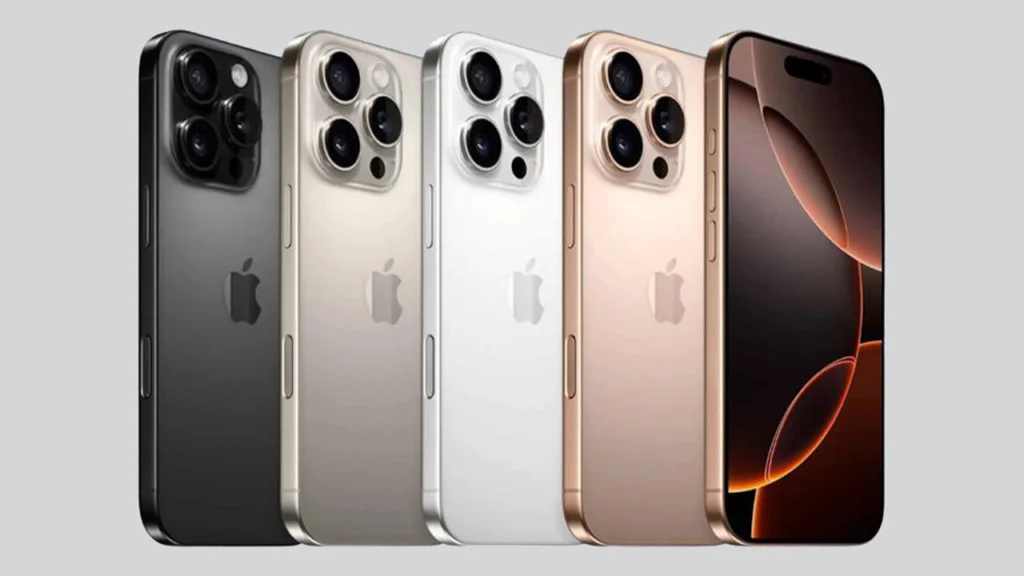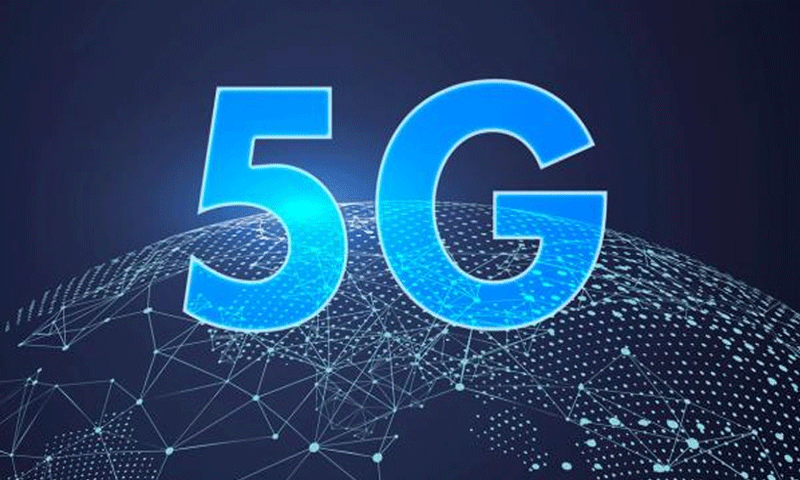- Web Desk
- Feb 16, 2026
Trump’s trade tariffs may hit tech sector, but $2,300 iPhone unlikely
-

- Web Desk
- Apr 05, 2025

WEB DESK: A fresh wave of concern is rippling through the tech industry following US President Donald Trump’s proposal to impose sweeping tariffs on international imports – a move that could raise consumer prices significantly, including on flagship smartphones like the iPhone.
Announced on April 3, Trump’s plan targets a broad list of trading partners, from key allies such as Canada and the European Union to manufacturing heavyweights like China and Vietnam. With the US presidential election drawing closer, the tariff proposal is being viewed by some as a political manoeuvre, but its potential economic impact has quickly become the centre of attention.
Speculation around the possibility of a $2,300 iPhone has made headlines and caused a stir among consumers. However, industry experts believe the situation may not be as severe as it sounds.
According to techradar, Kate Leaman, chief market analyst at AvaTrade, told TechRadar that while the 54 per cent tariff could technically raise the price of an iPhone 16 Pro Max from $1,599 to more than $2,400, Apple is unlikely to pass the entire burden on to customers.
“Apple usually absorbs part of the hit through margin adjustments and operational efficiencies,” she explained, adding that any actual price increase may range between 20 to 25 per cent. “At most, we could be looking at a high-end iPhone nearing $1,900.”
Leaman also pointed out Apple’s significant investment within the US – a reported $500 billion – and ongoing efforts to shift production to countries like India and Vietnam. These factors could help the company push for tariff exemptions or avoid major cost hikes.
Nick Rakovsky, CEO of DataDocks, echoed similar sentiments. He noted that while the tariffs could hurt companies across the board, Apple is in a better position than most to absorb the blow. “Apple has been building a more resilient supply chain for years. Price hikes are possible, but a jump to $2,300 is unlikely,” he said.
Apple analyst Ming-Chi Kuo added that 85 to 90 per cent of Apple’s devices are still assembled in China, the country hit hardest by the proposed tariffs. He suggested this could accelerate Apple’s transition to alternative assembly hubs like India and Vietnam, especially as the company aims to avoid losing its competitive edge.
In short, while Trump’s tariff proposal could push up tech prices, analysts agree that a $2,300 iPhone is not on the immediate horizon – at least for now.
Read next: iPhone 15 Pro gets Visual Intelligence with iOS 18.4 update




